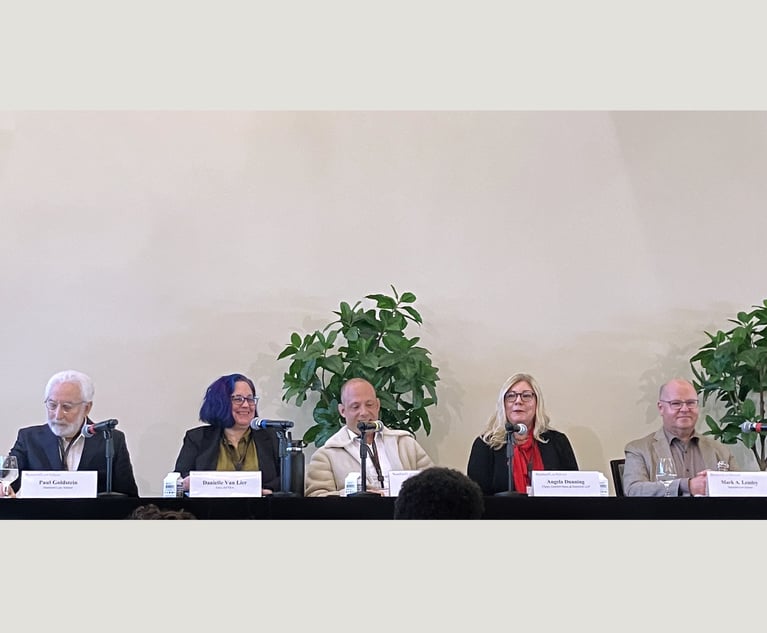Here’s what’s known in the wake of President Donald Trump and China’s Xi Jinping’s meeting during the G20 summit in Buenos Aires: China and the U.S. have agreed to a 90-day truce in the trade war.
What’s still unclear? Just about everything else.
 Photo: Shutterstock
Photo: Shutterstock
"Backing down on tariffs gives U.S. manufacturers who are thinking about building capacity back up heartburn," said one GC. Meanwhile, trade lawyers are telling U.S. companies that trade with China to plan for the worst and consider restructuring their manufacturing chains.
December 04, 2018 at 01:09 PM
1 minute read
Here’s what’s known in the wake of President Donald Trump and China’s Xi Jinping’s meeting during the G20 summit in Buenos Aires: China and the U.S. have agreed to a 90-day truce in the trade war.
What’s still unclear? Just about everything else.
Presented by BigVoodoo
General Counsel Summit is the premier event for in-house counsel, hosting esteemed legal minds from all sectors of the economy.
Join General Counsel and Senior Legal Leaders at the Premier Forum Designed For and by General Counsel from Fortune 1000 Companies
WIPL is the original global forum facilitating women-to-women exchange on leadership and legal issues.
A large and well-established Tampa company is seeking a contracts administrator to support the company's in-house attorney and manage a wide...
We are seeking an attorney to join our commercial finance practice in either our Stamford, Hartford or New Haven offices. Candidates should ...
We are seeking an attorney to join our corporate and transactional practice. Candidates should have a minimum of 8 years of general corporat...
MELICK & PORTER, LLP PROMOTES CONNECTICUT PARTNERS HOLLY ROGERS, STEVEN BANKS, and ALEXANDER AHRENS

